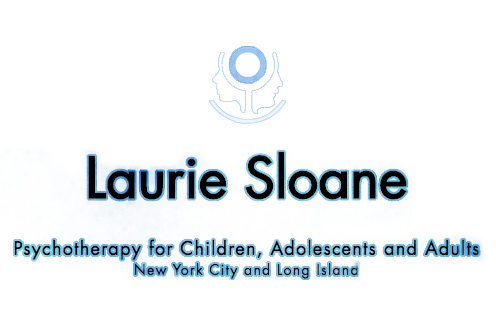Do you need to see a psychotherapist for grief? Loss is an inevitable and difficult part of life. It can occur in many forms. Most commonly it occurs through the death of a loved one. Other times it can be the loss of a pet, a place, or part of one’s self. The resulting reaction is typically called grief and it can be complicated. Today’s world may say that you should be able to work through that grief and move on in a matter of weeks. However, that is not always possible. Sometimes, you may need help through therapy to cope with a loss. Learn more:
Typical Grief Response
An incidence of grief usually starts after learning of some loss. You may have heard that people typically go through certain responses during the grief process. Some research says that people go through stages of denial, anger, bargaining, depression, and acceptance.
- Denial encapsulates the initial response of wanting to believe the loss is not true.
- Once the denial dissipates, people may feel anger at the perceived cause of the loss.
- Bargaining includes attempts to resolve the situation (such as asking a higher power for help).
- Depression often occurs when the person loses any hope of resolution.
- Acceptance happens once the person comes to terms with the situation.
While this sounds like a difficult process, it is also conveyed as simply a series of stages you must get through before the grief will resolve. However, grief is more complex than that and many people do not simply follow these stages. They may cycle back to previous stages or never reach acceptance.
Further, grief can contain many more emotions than anger and depression. Depending on the situation, you might experience several complex emotions simultaneously. For example, perhaps you lost someone, but they were suffering and in pain, so you feel sad but relieved.
There is a lot that can occur in a “normal” or “typical” grief response. Many people find it helpful to seek support in processing through their grief. It can be nice to have a counselor available who will listen and guide you through the process no matter what stage you are in or what specific reaction you have.
Unexpected Grief Reactions
Historically, grief was typically given more time and tradition. People were in mourning for an extended period. They wore black so that the world around them knew they were grieving. This was not to mark them in a negative way, instead it honored the gravity of their loss.
In today’s culture, there is not a lot of time or tradition given to grieving. Sure, there will be a funeral if you lose a person. But many workplaces expect people to return to work in a matter of weeks. The loss of a pet may garner too little sympathy. If you lose something more ambiguous such as a home to a fire or a career path you had planned, then you might be grieving without others recognizing.
In any of these cases, people can experience grief that may be more difficult to resolve. Sometimes there may be intense anxiety (such as being afraid of separation from loved ones for fear they may die too) or intense depression that does not resolve (and instead starts to impair daily functioning.
In these situations, counseling can become imperative. Counselors are trained to assist people with complicated bereavement processes. Therapists can also help you to resolve any anxiety and depression that may have grown out of your grief reaction.
Closing Thoughts
Grief can be complex and sometimes people require additional support to work through it. If you find that you need support to process your grief and return to the business of living, consider seeking the support of a counselor.
Contact Licensed Clinical Social Worker Laurie Sloan today at 212-413-7088 to schedule an appointment, she can help guide you through the bereavement process.
For more information, please visit my main website at: www.LaurieSloane.com
